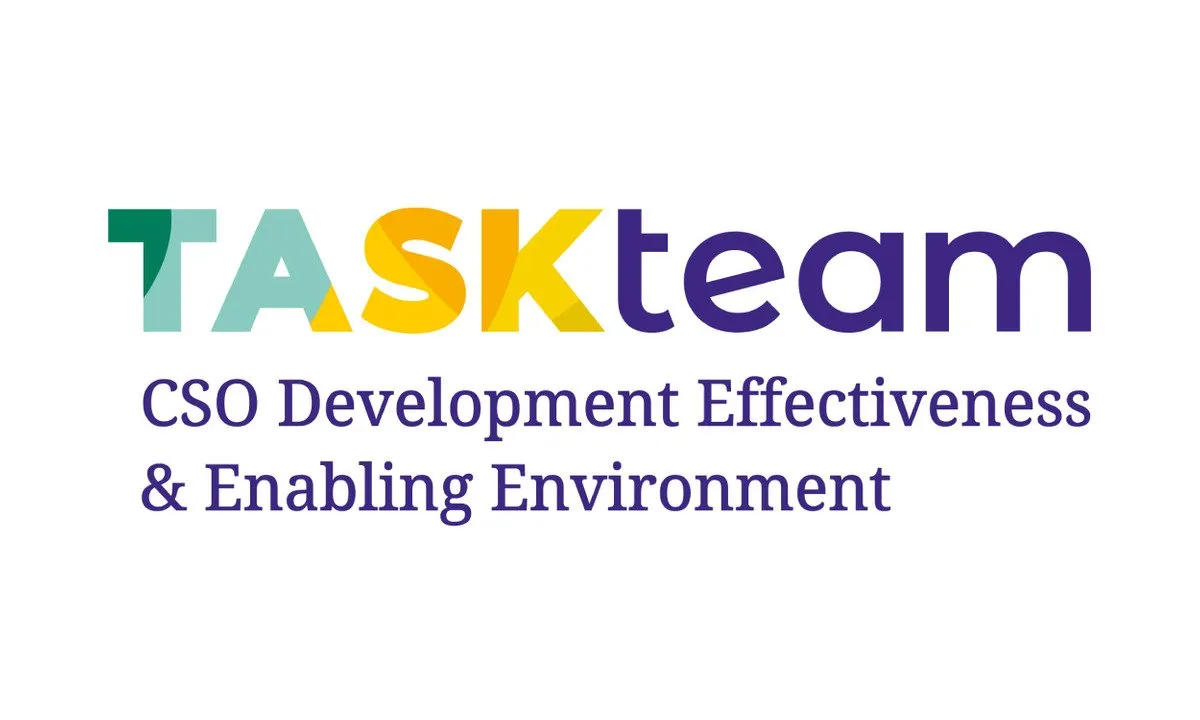
Effective Engagement of Civil Society in Development 
Civil society organizations (CSOs) are essential players in the development process, providing valuable contributions in a variety of areas. These include humanitarian aid, service delivery, research, policy development, and public advocacy. This course explores effective ways to engage CSOs in development initiatives. ▼
ADVERTISEMENT
Course Feature
![]() Cost:
Cost:
Free
![]() Provider:
Provider:
Coursera
![]() Certificate:
Certificate:
Paid Certification
![]() Language:
Language:
English
![]() Start Date:
Start Date:
28th Feb, 2021
Course Overview
❗The content presented here is sourced directly from Coursera platform. For comprehensive course details, including enrollment information, simply click on the 'Go to class' link on our website.
Updated in [March 06th, 2023]
This Online Interactive Guidance provides an overview of the need to engage civil society in development processes, and the roles and responsibilities of different development actors in ensuring effective engagement of CSOs in development. It takes participants through a history of the international commitments that call for multi-stakeholder collaboration, and what this means in practice. The course consists of five modules, each of which starts with an animated video introducing the topic and is followed by good practice examples, insights from the field in the form of video interviews, in-depth readings, and an online activity. Upon completion of the five modules, participants will be able to describe the rationale behind the need to engage civil society in development processes, define the CSO enabling environment and CSO development effectiveness, recall the international commitments on the CSO enabling environment and CSO development effectiveness, distinguish the roles and responsibilities of different development actors in ensuring effective engagement of CSOs in development, identify practical ways in which governments, donors and civil society can engage to create a CSO enabling environment and ensure CSO development effectiveness, identify good practices for a CSO enabling environment and development effectiveness, indicate the benefits that can ensue from implementing good practices, and translate the international commitments and apply these to their own context. Upon completion of the course, participants can request a certificate extended by the Task Team.
[Applications]
Upon completion of the course, participants will be able to apply the knowledge they have gained to their own context. They will be able to identify practical ways in which governments, donors and civil society can engage to create a CSO enabling environment and ensure CSO development effectiveness. They will also be able to identify good practices for a CSO enabling environment and development effectiveness, and be able to indicate the benefits that can ensue from implementing these good practices. Participants who have completed the 5 modules can request a certificate extended by the Task Team.
[Career Paths]
Recommended Career Paths:
1. Civil Society Engagement Officer: Civil society engagement officers are responsible for developing and implementing strategies to engage civil society organizations in development processes. They work with governments, donors, and civil society organizations to ensure effective collaboration and communication. They also monitor progress and evaluate the impact of civil society engagement initiatives. This role is expected to grow in importance as the international community continues to prioritize the engagement of civil society in development processes.
2. Development Effectiveness Consultant: Development effectiveness consultants are responsible for providing advice and guidance to civil society organizations on how to ensure their effectiveness, accountability, and transparency in their operations. They work with civil society organizations to develop strategies and plans to ensure that their operations are in line with international commitments and standards. This role is expected to become increasingly important as the international community continues to prioritize the effectiveness of civil society organizations in development processes.
3. Policy Analyst: Policy analysts are responsible for researching and analyzing policies related to civil society engagement in development processes. They work with governments, donors, and civil society organizations to identify and analyze policy gaps and develop strategies to address them. This role is expected to become increasingly important as the international community continues to prioritize the engagement of civil society in development processes.
4. Monitoring and Evaluation Officer: Monitoring and evaluation officers are responsible for monitoring and evaluating the impact of civil society engagement initiatives. They work with governments, donors, and civil society organizations to develop and implement strategies to measure the impact of civil society engagement initiatives. This role is expected to become increasingly important as the international community continues to prioritize the engagement of civil society in development processes.
[Education Paths]
Recommended Degree Paths:
1. Master's Degree in International Development: This degree program focuses on the study of international development, including the economic, social, and political aspects of development. It covers topics such as global poverty, international aid, and development strategies. Students will gain an understanding of the challenges and opportunities of international development, and will be prepared to work in the field. The degree is becoming increasingly popular as the world becomes more interconnected and global development issues become more pressing.
2. Master's Degree in Public Policy: This degree program focuses on the study of public policy, including the development, implementation, and evaluation of policies. It covers topics such as public administration, public finance, and public law. Students will gain an understanding of the complexities of public policy and will be prepared to work in the field. This degree is becoming increasingly popular as governments around the world are looking for ways to address global challenges.
3. Master's Degree in Nonprofit Management: This degree program focuses on the study of nonprofit management, including the development, implementation, and evaluation of nonprofit organizations. It covers topics such as fundraising, grant writing, and volunteer management. Students will gain an understanding of the complexities of nonprofit management and will be prepared to work in the field. This degree is becoming increasingly popular as more people are looking to make a difference in their communities.
4. Master's Degree in Social Entrepreneurship: This degree program focuses on the study of social entrepreneurship, including the development, implementation, and evaluation of social enterprises. It covers topics such as social innovation, impact investing, and sustainability. Students will gain an understanding of the complexities of social entrepreneurship and will be prepared to work in the field. This degree is becoming increasingly popular as more people are looking to create social change through business.
Pros & Cons

Applicable to community development work.

Covers all main bases.

Detailed and beginner friendly.

Includes interventions and practical wisdom.

Excellent training.

No specific examples of wins.

Not always within framework of international development.

No advocacy included.

Not enough practical examples.

Not enough detail.
Course Provider

Provider Coursera's Stats at AZClass
Discussion and Reviews
0.0 (Based on 0 reviews)
Explore Similar Online Courses

DaVinci Resolve 16 - The Complete Video Editing Course

Web Typography Course

Python for Informatics: Exploring Information

Social Network Analysis

Introduction to Systematic Review and Meta-Analysis

The Analytics Edge

DCO042 - Python For Informatics

Causal Diagrams: Draw Your Assumptions Before Your Conclusions

Whole genome sequencing of bacterial genomes - tools and applications

The Ideal of Self-Governance: Public Policy Beyond Markets and States

Public Administration

Compelling Narratives for Complex Decisions: Policy Analyst Fundamentals
 Related Categories
Related Categories
 Popular Providers
Popular Providers
Quiz
 Submitted Sucessfully
Submitted Sucessfully
1. What is the main purpose of the Online Interactive Guidance?
2. What are the benefits of implementing good practices for a CSO enabling environment and development effectiveness?
3. What is the final module of the Online Interactive Guidance?


Start your review of Effective Engagement of Civil Society in Development